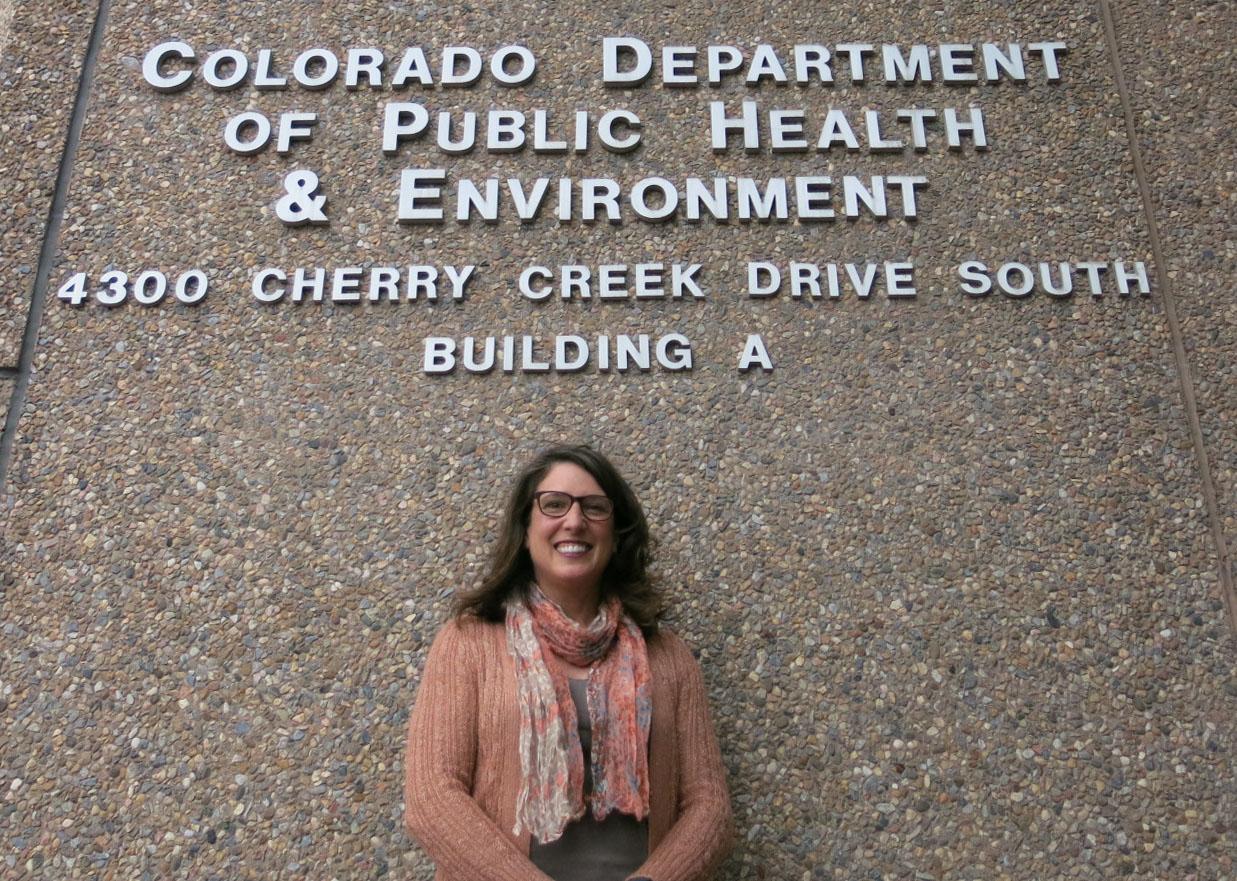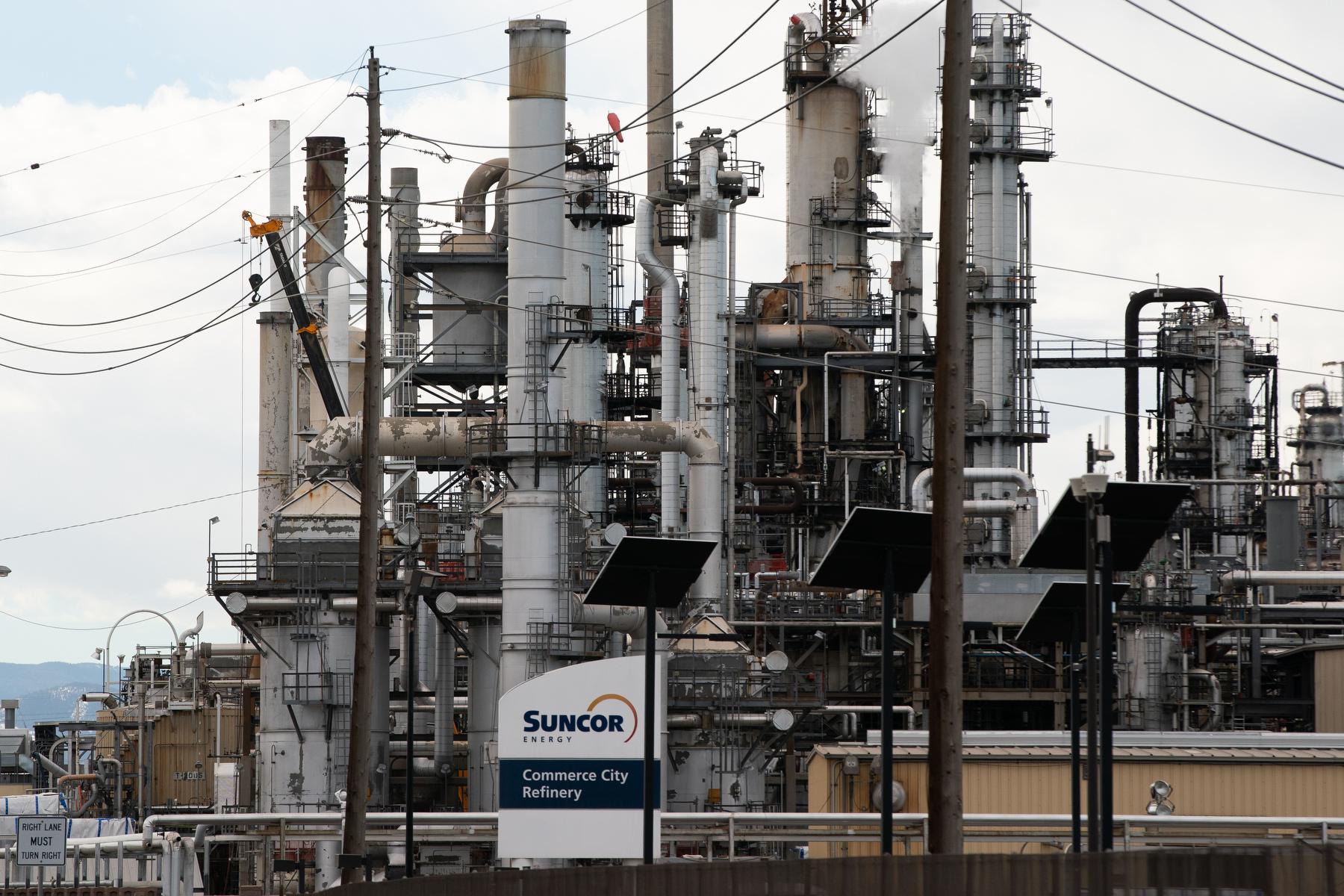

Last month, Gov. Jared Polis signed a slew of environmental bills into law. Now, state health and environment officials say they’ll create the first-ever climate unit within the Colorado Department of Public Health and Environment.
“We’ve faced increasing challenges and concerns about climate with the effects on water, the effects on air quality,” said John Putnam, who oversees environmental divisions within CDPHE. “It’s time that we reflect those priorities within our division.”
Hiring for the unit has already started, with money for at least three new positions coming from Senate Bill 96, which sets new requirements for collecting climate change data.
CDPHE will soon have to institute many new regulations, from zero emissions vehicle standards to methane control requirements outlined in Senate Bill 181 to greenhouse gas reduction goals that seek to reduce emissions 50 percent by 2030, and 90 percent by 2050.
Garry Kaufman, director of the Air Pollution Control Division within CDPHE, said his group is in the process of reaching out to industry and environmental groups to discuss strategies. Those could include imposing fees on companies that are large greenhouse gas polluters, or requiring emission controls.
“At this point all the strategies are open for discussion,” said Kaufman.
Implementing all the greenhouse gas emissions reductions will require multiple rulemaking sessions that could extend well through the end of Polis’ gubernatorial term. The first step is for Colorado to beef up its greenhouse gas emissions inventory. Right now that information is collected and reported only every four years. In the future, information will be available every year.
Industry groups spanning energy production and manufacturing could put up a fight during the process. But CDPHE Executive Director Jill Hunsaker Ryan says there is a silver lining to all the environmental changes for business groups.
“We are gearing up for this and being thoughtful about this,” she said. “I think that will be a benefit to industry. There won’t be uncertainty any longer.”
Formal rulemaking related to any greenhouse gas emissions controls isn’t expected to start until next year.









